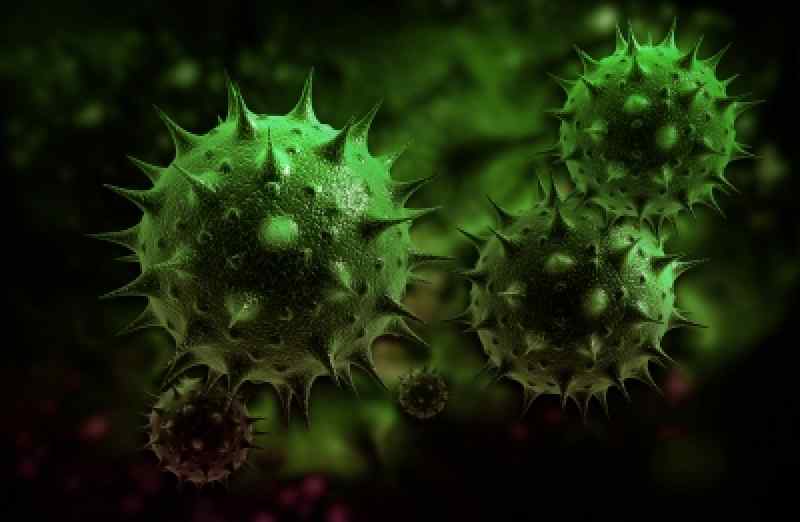Submitted by administrator on
With the promise after a couple of bright days that spring may make way to a proper summer soon, we quickly anticipate allergy season as well. Pollen is a substance really quite harmless unless you are a person who suffers physical reactions to it; if your immune system labels it as an enemy then you will see a reaction.
Your body willl release an antibody (Immunoglobulin E), that makes your cells release various substances like histamine. This helps create a myriad of varying symptoms known as allergic conjunctivitis (pink itchy eye) and allergic rhinitis (runny nose).
There is no age barrier to developing an allergy, so youngsters and the elderly alike can all be prone. Pollen is not the only trigger to an auto immune response either, different molds, dust mites and pet fur can trigger the histamine, that will cause you to itch. Of course, in summer, those furry friends can also carry pollen on their fur!
Seasonal allergic conjunctivitis (SAC) will trigger in the spring and autumn as different allergens are released into the air. This is different to perennial allergic conjunctivitis, ( PAC) , which tends to be all year-round. It is this conjunctivitis which is set off by dust and animals etc and is rarely as harsh in its symptoms as SAC which may include irritated, wet, red, sore, inflamed and stinging eyes accompanied often by allergic rhinitis.
To alleviate symptoms, you can try old compresses for swelling but eye drops will be the main treatment. Oral antihistamines are much improved and most will not cause you to feel drowsy either after use.
There are also mast cell stabilizers that help to prevent the release of histamine in your body, and also dual action antihistamines and mast cell stabilizers.
For prolonged symptoms that do not appear to be cleared up by over the counter drugs, low doses of topical steroids under monitor from your eye doctor can be prescribed.

